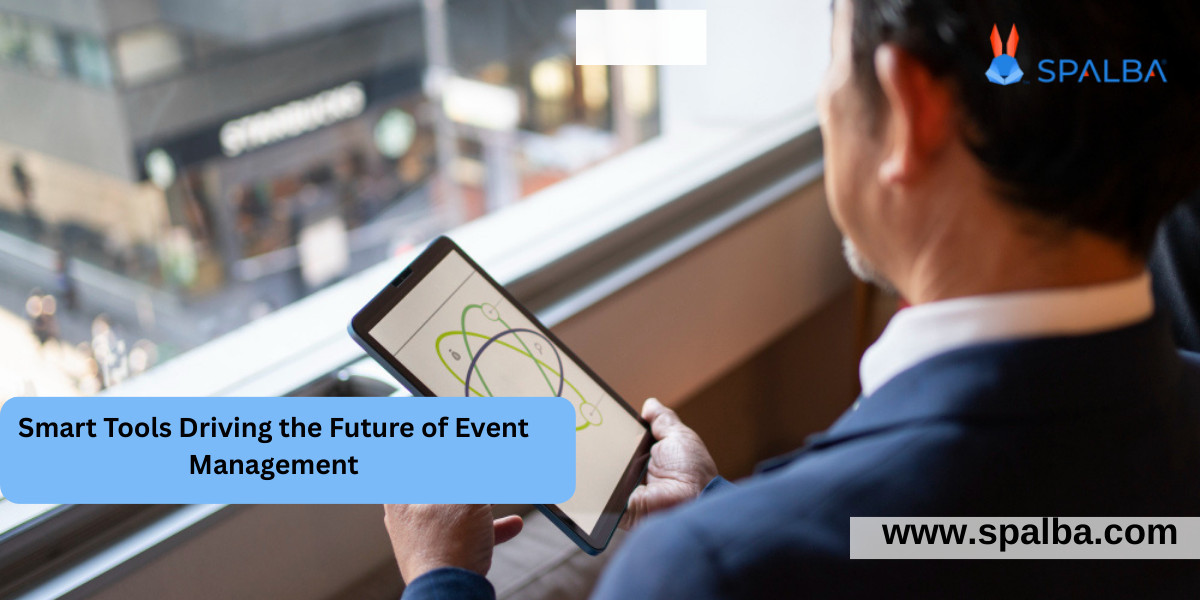In today’s fast-paced world, event experiences are no longer limited to well-organized schedules and attractive décor. Clients expect innovation, transparency, and seamless execution at every step. To meet these expectations, every event planning company is embracing digital transformation powered by event management websites, event management tools, and advanced event venue booking software.
These solutions are reshaping the way events are planned, marketed, and delivered—creating smarter workflows and more memorable experiences.
Why Event Planning Companies Are Going Digital
Event planning once relied on manual processes—endless phone calls, spreadsheets, and countless site visits. While effective to some degree, this approach was time-consuming and error-prone. Today’s clients demand faster responses, real-time updates, and digital-first communication.
That’s why every modern event planning company is investing in technology. From virtual venue tours to AI-driven task management, digital solutions reduce inefficiencies and help planners focus on creativity and personalization.
Event Management Websites: Beyond Online Presence
An event management website is no longer just a brochure—it’s the digital storefront for planners and venues. These websites now integrate powerful features, including:
Interactive Venue Showcases: Prospective clients can explore event spaces through 3D mockups or 360° tours.
Instant Booking: Automated inquiry forms and integrated calendars streamline the reservation process.
Client Dashboards: Customers can review designs, approve budgets, and track updates in real time.
SEO-Optimized Content: Blogs, case studies, and testimonials attract new leads and build credibility.
By offering more than information, event management websites act as conversion engines that capture interest and turn prospects into paying clients.
Event Management Tools: The New Backbone of Planning
While websites attract clients, event management tools handle the complex details of execution. These platforms consolidate everything—guest lists, seating charts, vendor contracts, task schedules, and budgets—into one centralized system.
Key benefits include:
Collaboration: Teams, vendors, and clients can communicate seamlessly.
Automation: RSVP tracking, reminders, and reporting are managed digitally.
Analytics: Real-time dashboards measure engagement, ROI, and event success.
Scalability: Whether managing a wedding of 200 guests or a corporate expo of 5,000 attendees, the same system adapts to the event size.
By reducing human error and saving time, these tools empower planners to deliver events with greater precision.
Event Venue Booking Software: Simplifying Choices
One of the biggest challenges in event planning is venue selection. Traditionally, clients relied on photos, brochures, or physical site visits to make decisions. Today, event venue booking software transforms this experience by offering:
Search & Filter Options: Clients can filter venues by size, location, budget, or amenities.
Virtual Walkthroughs: Explore spaces through immersive 3D tours.
Real-Time Availability: Instantly check booking slots without endless calls.
Integrated Pricing: Transparent quotes help clients make faster decisions.
For planners, this software saves countless hours while giving clients confidence that their chosen venue meets all requirements.
Why These Innovations Matter
Adopting digital tools offers a range of benefits for planners and clients alike:
Speed & Convenience: From booking to approvals, everything is faster.
Transparency: Clients see real-time updates and visual previews.
Cost Savings: Automation reduces operational overhead.
Global Reach: Websites and virtual tours attract international clients.
Client Confidence: Visual clarity eliminates surprises and builds trust.
The Future of Event Planning
Looking ahead, the future of the events industry will be powered by AI, AR, and hybrid experiences. Imagine an event management tool suggesting décor themes based on guest demographics, or an event venue booking platform offering AI-curated venue matches.
The line between physical and digital will continue to blur, and event planning companies that embrace this transformation will lead the industry forward.
Conclusion
The combination of event management websites, event management tools, and event venue booking software is revolutionizing the way events are imagined and delivered. For any event planning company, adopting these innovations isn’t optional—it’s essential for staying relevant and competitive.
Clients today expect speed, creativity, and clarity, and with the right technology, planners can deliver extraordinary experiences while saving time and costs. The future of events is smarter, faster, and more immersive—and it starts with embracing the digital tools available today.








